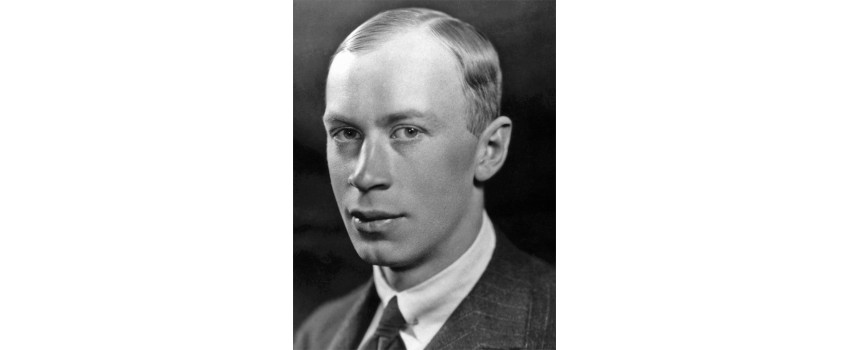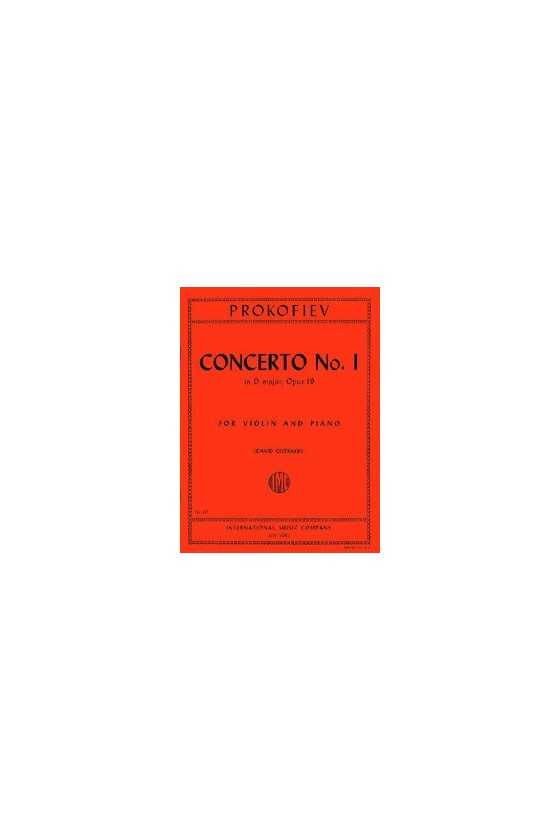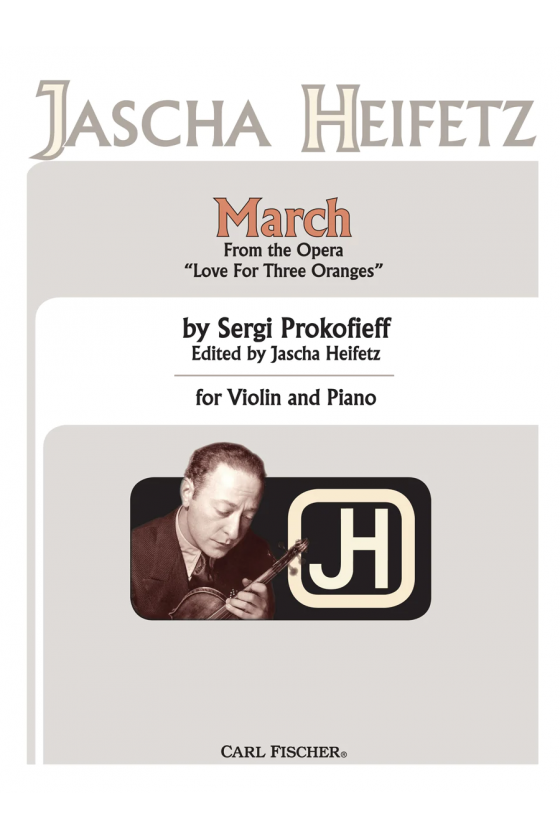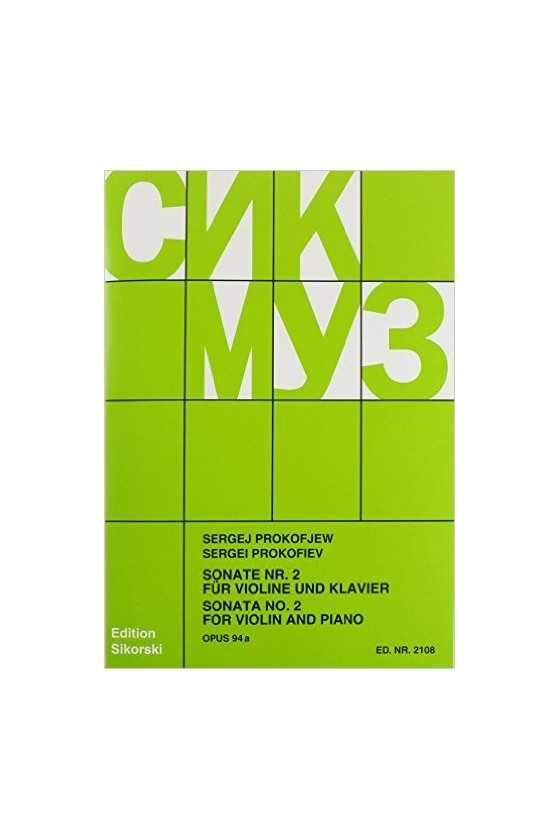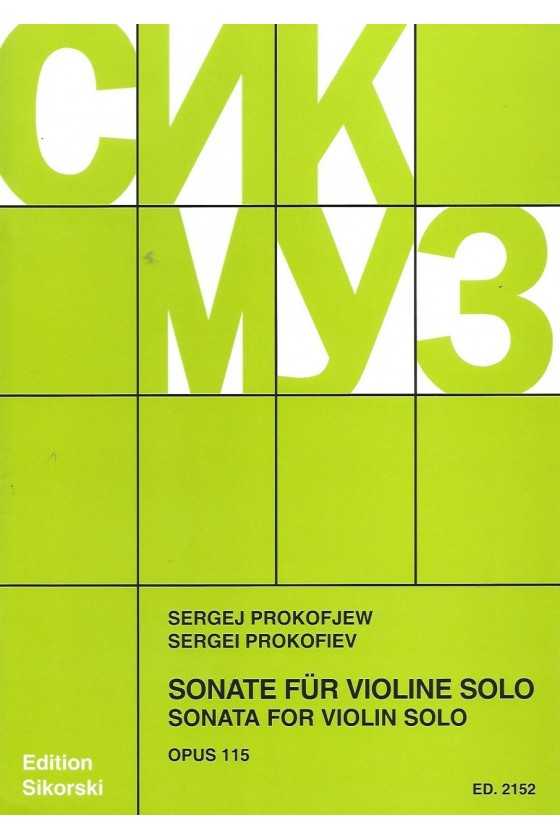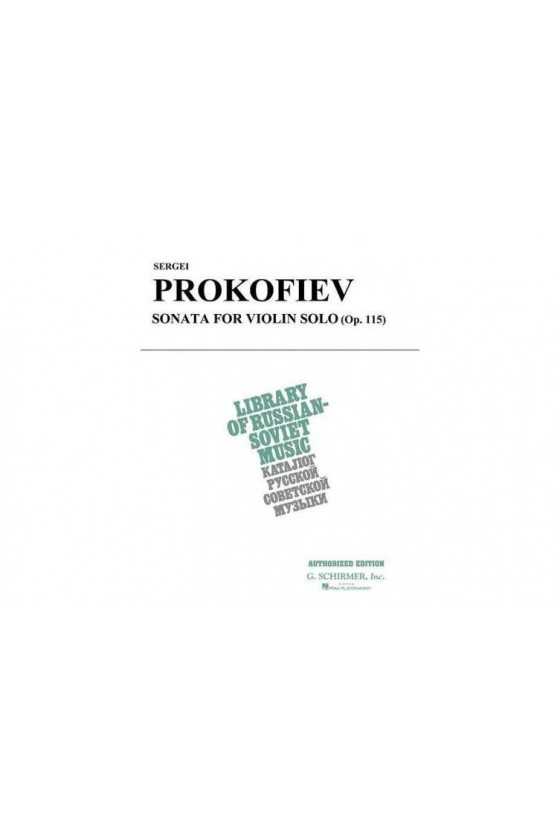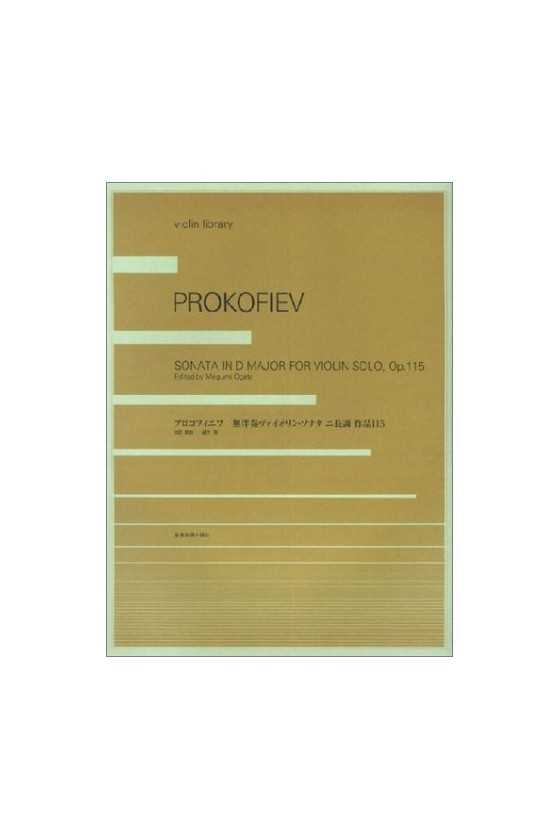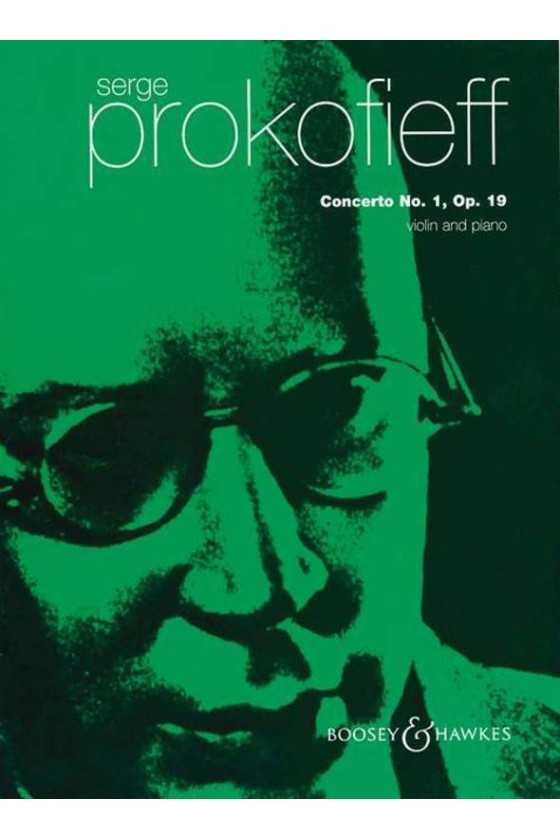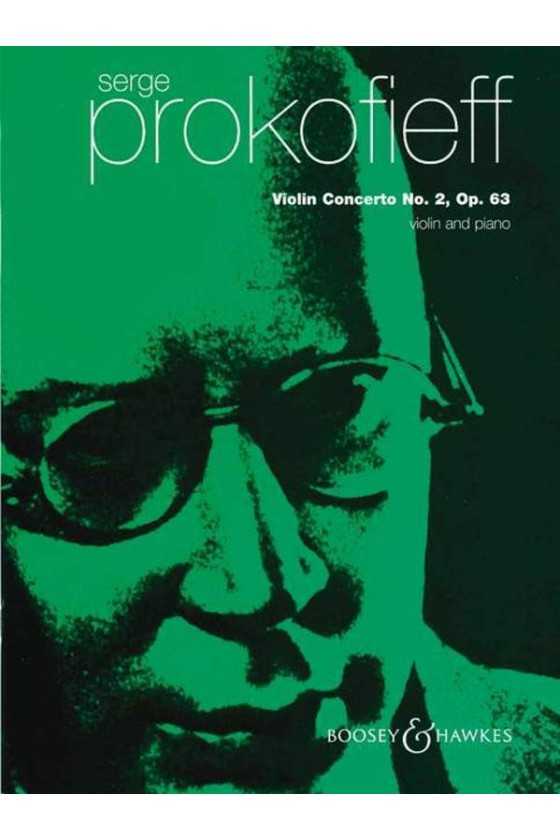Prokofiev, Sergei
Sergei Prokofiev, a renowned Russian composer, pianist, and conductor, left an indelible mark on the world of music in the twentieth century. His compositions spanned various genres, showcasing his remarkable talent and unique style. From his famous ballets, symphonies, and concertos to his operas and piano sonatas, Prokofiev's works continue to captivate audiences worldwide.
Early Years and Musical Education
Born on April 27, 1891, in Sontsovka, Ukraine, Sergei Prokofiev displayed prodigious musical talent from an early age. He began piano lessons with his mother, who recognized his exceptional abilities and nurtured his musical development. At the age of eleven, Prokofiev entered the St. Petersburg Conservatory, where he studied composition and piano. It was during this time that he started to experiment with new musical ideas, creating compositions that showcased his innovative approach to harmony and melody.
The Emergence of a Talented Composer-Pianist
As Prokofiev matured as a musician, he emerged as a talented composer-pianist, impressing audiences with his virtuosic performances and groundbreaking compositions. His early works, such as the March from "The Love for Three Oranges" and the suite "Lieutenant Kijé," gained recognition for their distinctive style and musicality. Prokofiev's ability to fuse traditional Russian music with modern elements set him apart from his contemporaries, establishing him as a significant composer of the time.
Collaboration with Sergei Diaghilev and Ballet Commissions
Prokofiev's collaboration with Sergei Diaghilev, the renowned impresario of the Ballets Russes, proved instrumental in his career. Diaghilev commissioned several ballets from Prokofiev, including "Chout," "Le pas d'acier," and "The Prodigal Son." These works, with their bold and innovative compositions, garnered attention and praise from reviewers and colleagues alike. Prokofiev's ballet music, such as the iconic "Dance of the Knights" from "Romeo and Juliet," showcased his ability to capture the essence of a story through music.
A Passion for Opera
Although Prokofiev achieved success with his ballet compositions, his true passion lay in opera. He composed several operas throughout his career, including notable works such as "The Gambler" and "The Fiery Angel." However, it was his opera "The Love for Three Oranges," which premiered in Chicago and later found success in Europe and Russia, that became his only operatic hit during his lifetime. Prokofiev's operas demonstrated his ability to combine dramatic storytelling with innovative musical techniques, leaving a lasting impact on the operatic repertoire.
Exile and Return to the Soviet Union
In the wake of the 1917 Revolution, Prokofiev decided to leave Russia, seeking new opportunities abroad. With the consent of Soviet People's Commissar Anatoly Lunacharsky, he embarked on a journey that took him to the United States, Germany, and eventually Paris. During this time, Prokofiev faced challenges as the Great Depression limited the presentation of his ballets and operas in America and Western Europe. Despite these difficulties, Prokofiev remained dedicated to his craft, earning a living as a composer-pianist and conductor.
Soviet Hits and Controversy
Prokofiev's return to the Soviet Union in 1936 marked a turning point in his career. He regained popularity with works such as "Lieutenant Kijé," "Peter and the Wolf," "Romeo and Juliet," and "Alexander Nevsky." These compositions resonated with audiences and showcased Prokofiev's ability to evoke emotions through music. However, his most ambitious piece, an operatic adaptation of Leo Tolstoy's "War and Peace," stirred controversy. Accused of creating an "anti-democratic formality," Prokofiev faced criticism from authorities, but he received support from a new generation of Russian musicians.
Personal Life and Legacy
Prokofiev's personal life was not without its challenges. He married Carolina (Lina) Codina, a Spanish singer, and had two sons before their divorce in 1947. Despite the ups and downs in his personal relationships, Prokofiev continued to create music that resonated with audiences. His compositions showcased his ability to push the boundaries of traditional musical forms while maintaining a unique voice. Prokofiev's legacy lives on through his extensive body of work, which includes symphonies, concertos, ballets, operas, and piano sonatas. His contributions to the world of classical music continue to inspire and captivate audiences to this day.
Conclusion
Sergei Prokofiev's life and music are a testament to his incredible talent and innovation. From his early years as a prodigious pianist to his rise as a prominent composer, Prokofiev left an indelible mark on the world of music. His ability to fuse traditional Russian music with modern elements created a unique and captivating sound. Despite facing challenges and controversy throughout his career, Prokofiev's dedication to his craft never wavered. His compositions continue to be celebrated and performed by musicians and orchestras worldwide, ensuring that his musical legacy will endure for generations to come.
